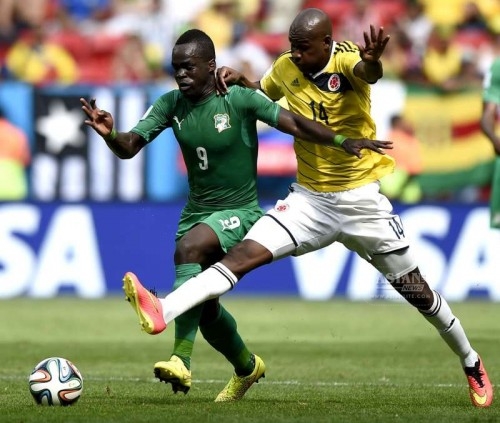 Non-European Union footballers will find it more difficult to get work permits to play in Britain as the Football Association (FA) has unveiled much stricter regulations.
Non-European Union footballers will find it more difficult to get work permits to play in Britain as the Football Association (FA) has unveiled much stricter regulations.
The new requirements state that non-EEA (European Economic Area) players will have to meet a minimum percentage of international matches played for their country over the previous 24 month period, as determined by that country’s FIFA world ranking, reports Xinhua.
A player must come from a top-50 team on the FIFA world rankings with a sliding scale of appearances based on the ranking over previous 24 months; FIFA 1-10: 30% and above, FIFA 11-20: 45% and above, FIFA 21-30: 60% and above, FIFA 31-50: 75% and above.
The period assessed reduces to 12 months for players below 21 years old.
FA chairman Greg Dyke on Monday said changes to work permit rules will provide more opportunities for talented home grown players to get game time at the top level.
During an update on the England Commission, Dyke said the FA led a formal consultation with the Premier League, Football League, LMA, PFA and Home Associations in September 2014.
The final proposal was submitted to the Home Office on 6 March with unanimous support from the game and approved on Friday 20 March.
Dyke said: “I am pleased to say that on Friday we finally received approval from the Home Office for fundamental reform of the non-EU work visa processes which will come into effect for next season.
“This follows a six-month consultation with everyone involved in football where we listened, discussed, made some changes, and finally found a solution which gained unanimous support.”